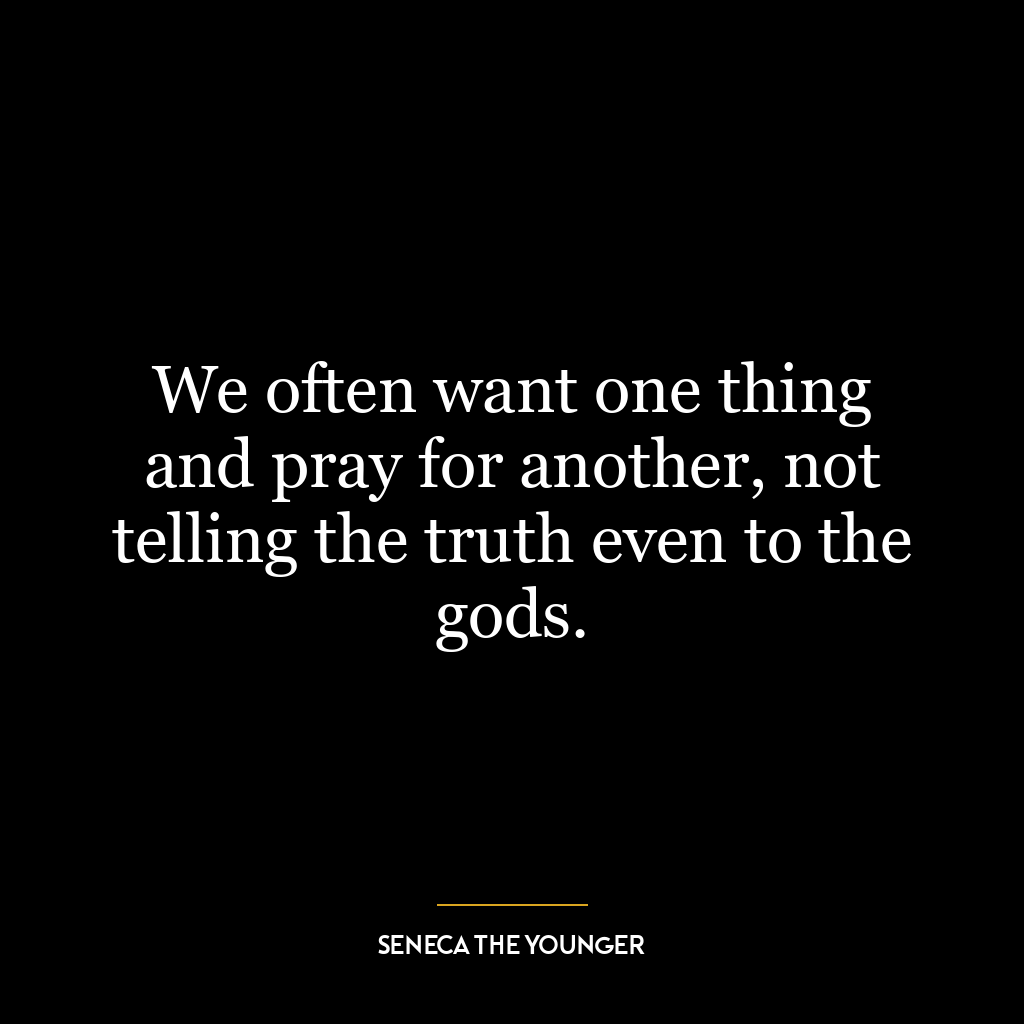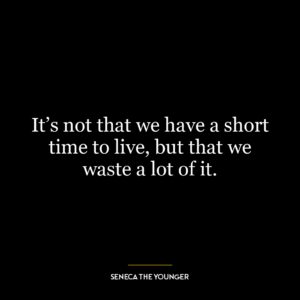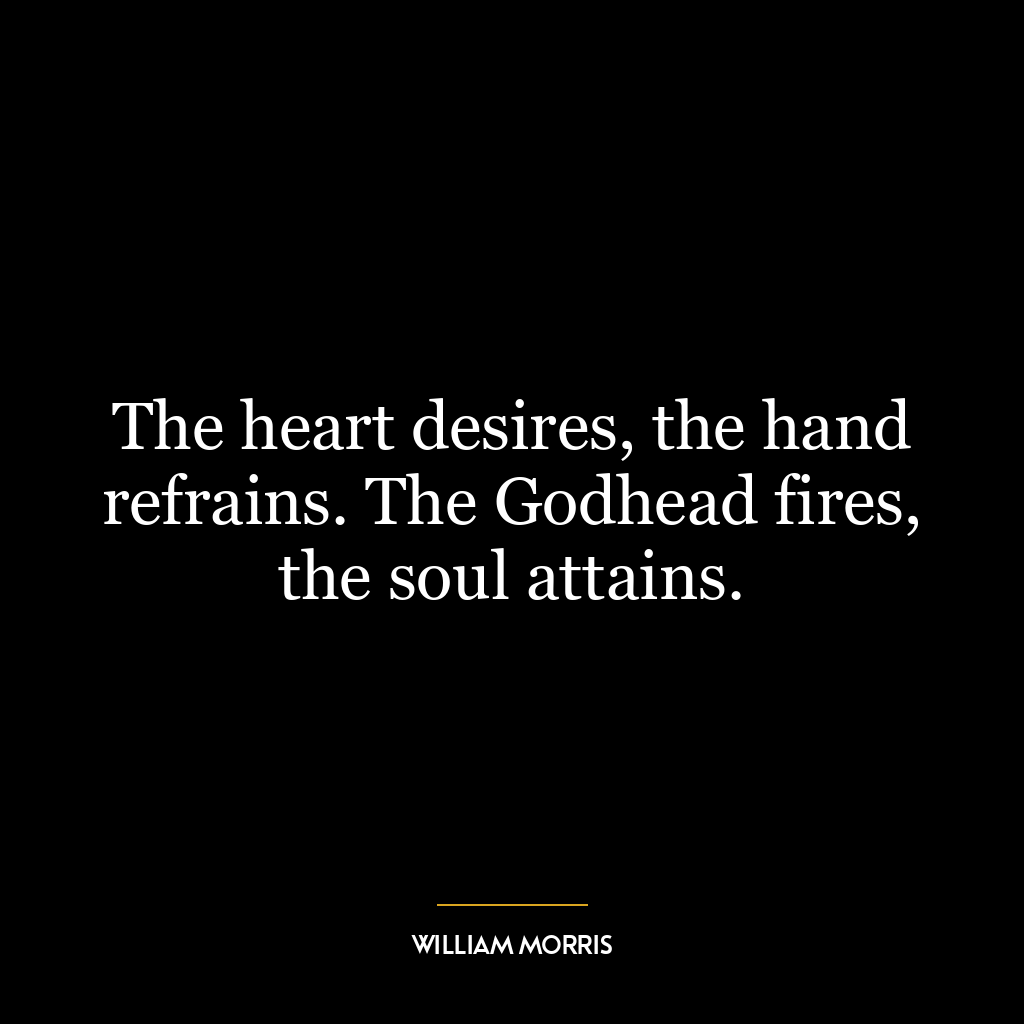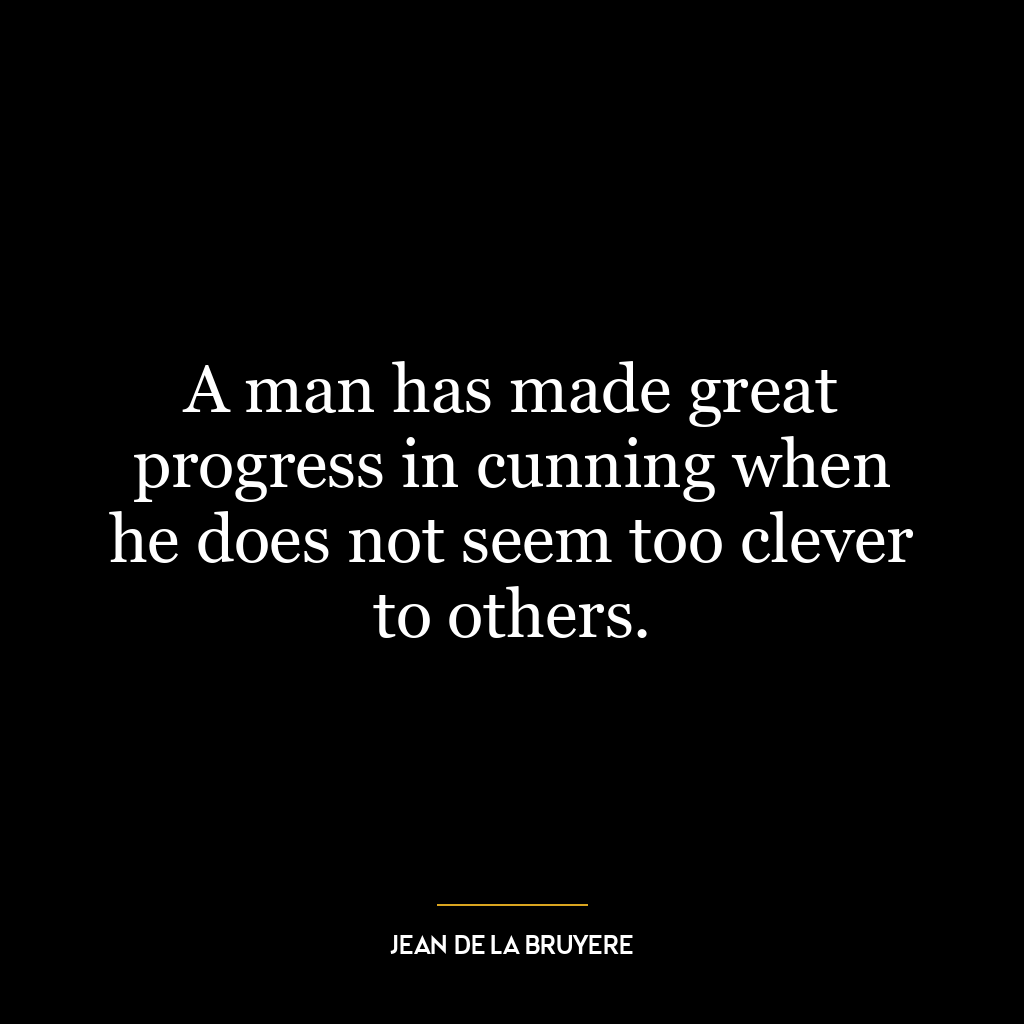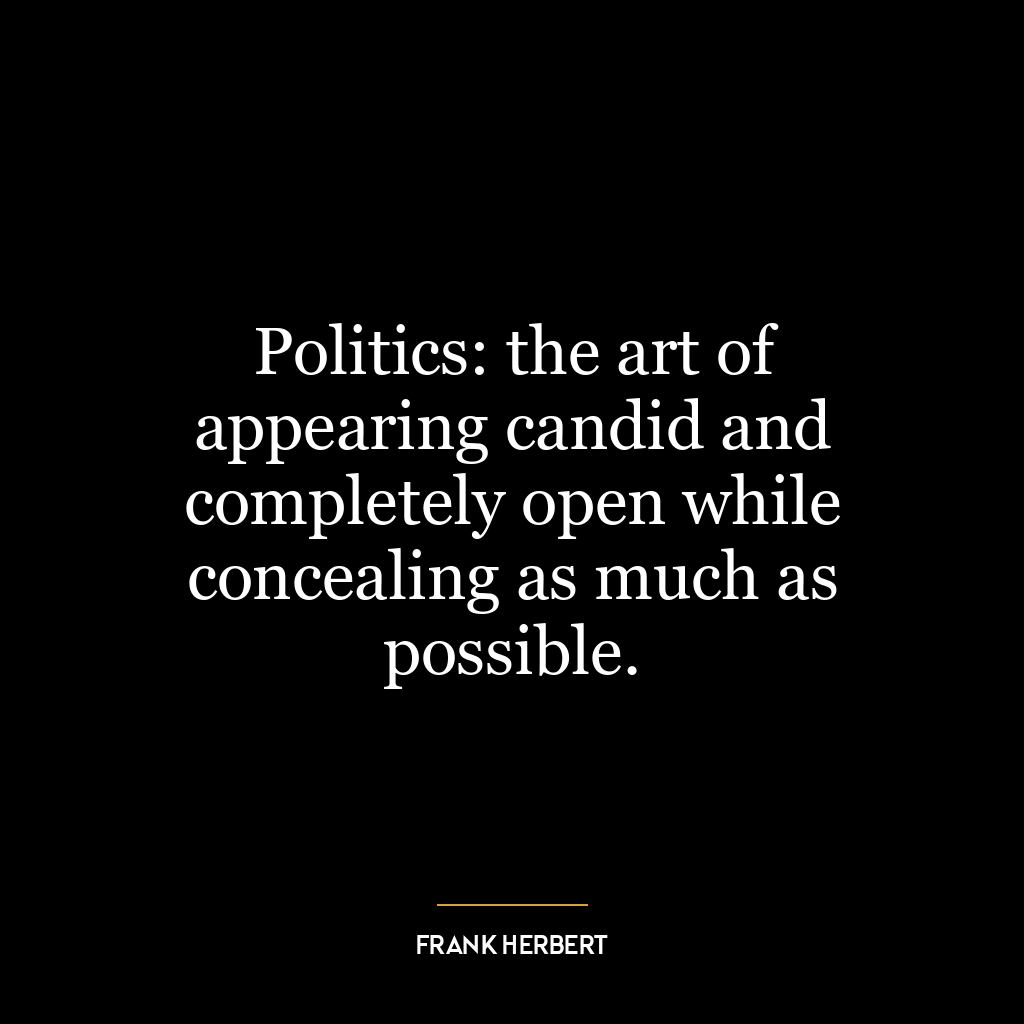We often want one thing and pray for another, not telling the truth even to the gods.
This quote by Seneca the Younger suggests that people often lack honesty and transparency, not just with others, but with themselves as well. We may desire one thing, but ask for something else, perhaps because we feel that our true desires are not acceptable or attainable. This lack of self-honesty can extend to our spiritual or religious practices, where we might pray for things that we think we should want, rather than what we truly desire.
The quote highlights the importance of self-awareness and authenticity. It suggests that we should strive to understand our true desires and aspirations, and be honest about them. By doing so, we can align our actions and prayers with our true desires, leading to a more fulfilling and authentic life.
In today’s world, this quote is highly relevant. We often find ourselves conforming to societal expectations and norms, suppressing our true desires in the process. We may seek jobs that we feel we should want, rather than what we truly desire. Similarly, in our relationships, we might suppress our true feelings and desires to maintain harmony or avoid conflict.
In terms of personal development, this quote can serve as a reminder to be true to ourselves. It encourages introspection and self-awareness, urging us to identify and acknowledge our true desires. By doing so, we can align our actions, goals, and prayers with these desires, which can lead to personal growth and fulfillment. It also suggests that honesty, both with ourselves and with others, is a key aspect of personal development.

